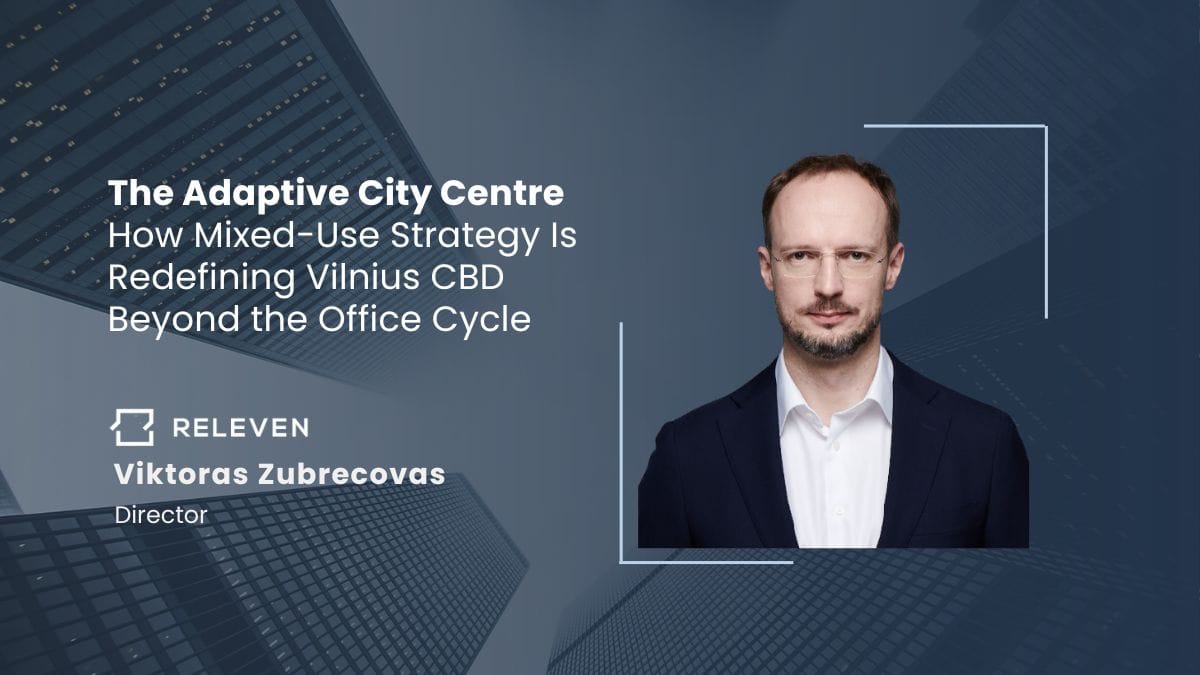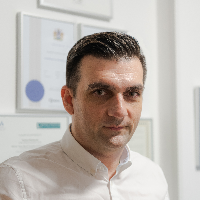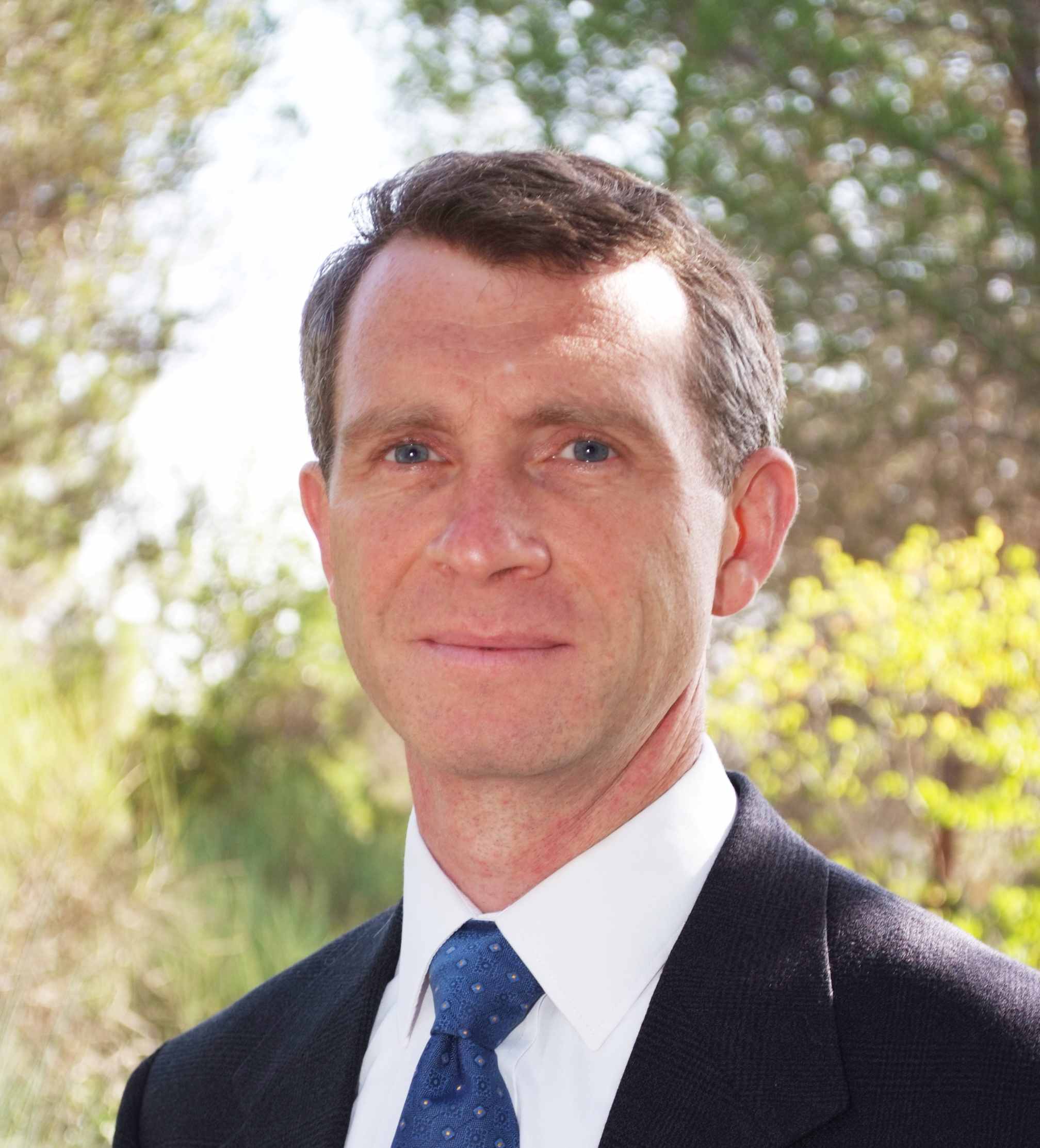👋 Let’s Keep It Simple
Real estate can sound intimidating if you're new — LTVs, yields, appreciation, asset classes. But guess what? You don’t need to speak fluent jargon to become a confident investor.
You just need to understand the key pieces of how real estate investing actually works. Let’s break it down.
🧩 1. What Are You Actually Buying?
When you buy real estate, you’re buying one or more of the following:
- Land – the ground itself
- A building – the structure that sits on it (house, apartment, office, etc.)
- A cashflow stream – rent paid by tenants
- Future value – appreciation potential over time
You’re not just buying bricks. You’re buying income and potential.
🏘️ 2. Types of Real Estate Investors Get Into
- Residential: Houses, flats, HMOs, apartments
- Commercial: Offices, retail, warehouses
- Mixed-use: A blend (e.g., shop downstairs, flat upstairs)
- Land/Development: Raw land or properties needing rebuild/repurpose
Most new investors start with residential buy-to-let — but the possibilities are wide.
💰 3. How You Actually Make Money
There are two ways to profit in real estate:
- Cashflow: Monthly rent after costs (aka passive income)
- Appreciation: Property value increases over time (aka equity growth)
Some strategies focus on one, some aim for both.
🔁 4. Key Terms (That Actually Matter)
- Yield: Return as a % of what you paid (annual rent ÷ purchase price)
- LTV (Loan to Value): % of property covered by the loan vs. your deposit
- Equity: The value of your ownership in the property
- Tenant: The person or business renting from you
- ROI (Return on Investment): Total profit compared to what you put in
No need to memorize — just recognize and refer back.
🧠 5. Real Estate = Business
At the end of the day, real estate is a business. You're not just buying something — you're managing an income-producing asset.
That means thinking like an operator:
- Who’s your customer (tenant)?
- What’s your product (the property)?
- How do you create value?
If you treat it casually, it pays you casually. If you treat it like a business, it can change your life.
📦 Final Thought: Keep It Practical
You don’t need to be an expert on day one. But knowing these fundamentals gives you a mental map.
The rest of the Playbook builds on this — strategy, finance, deal flow. Now that you understand what you’re working with, it’s time to take your first strategic step.























Discussion